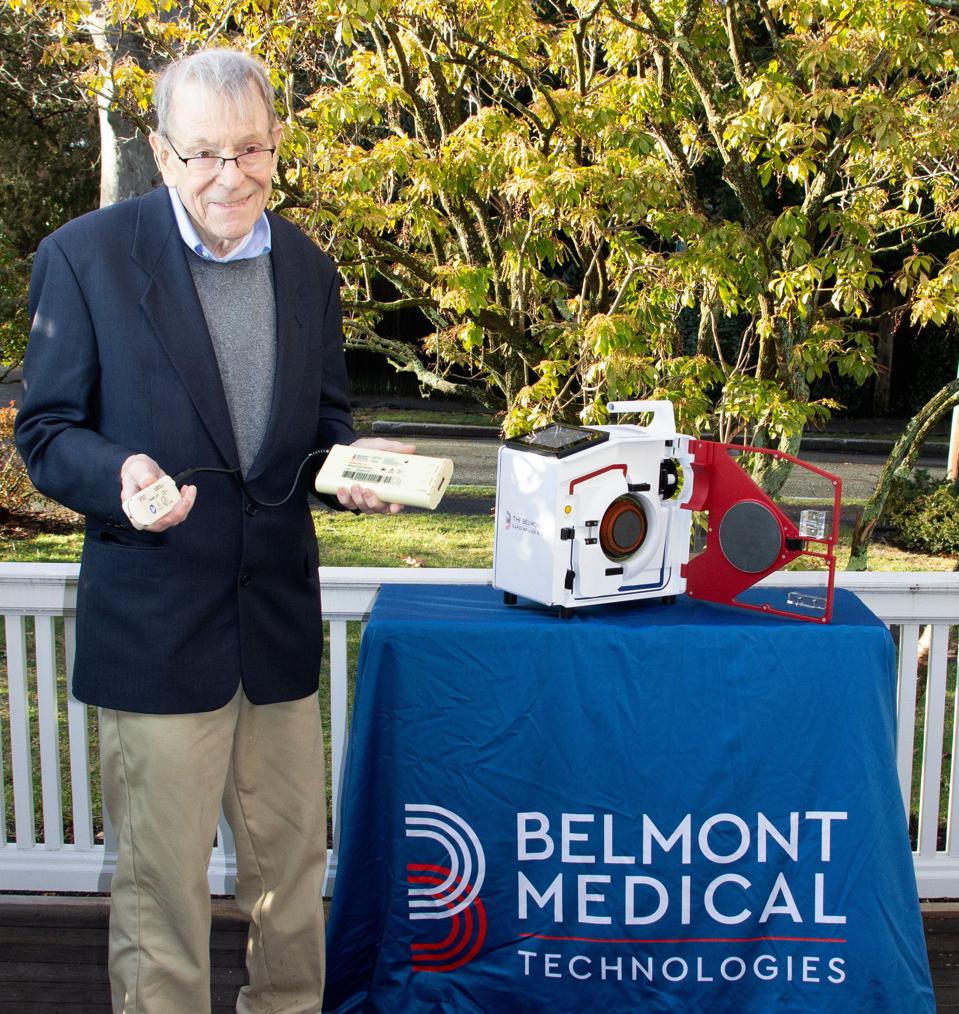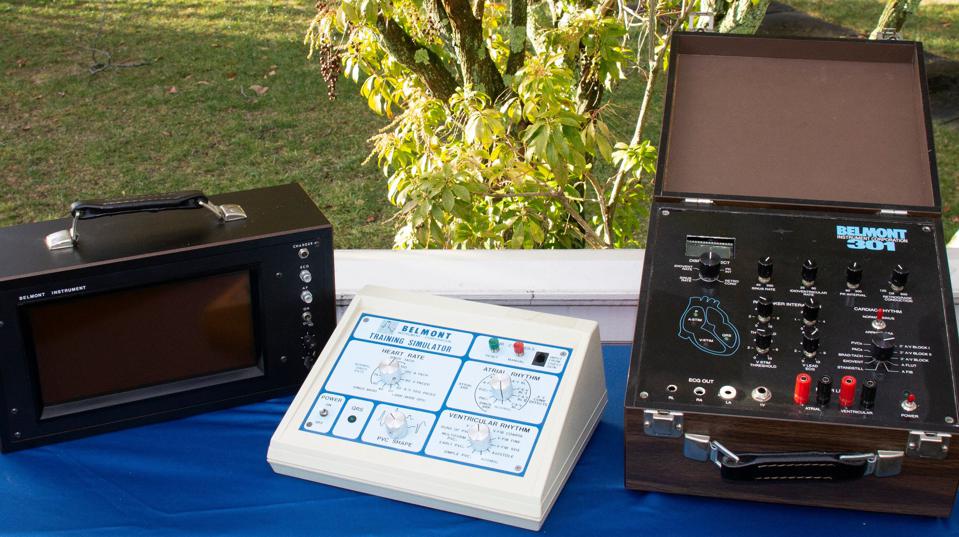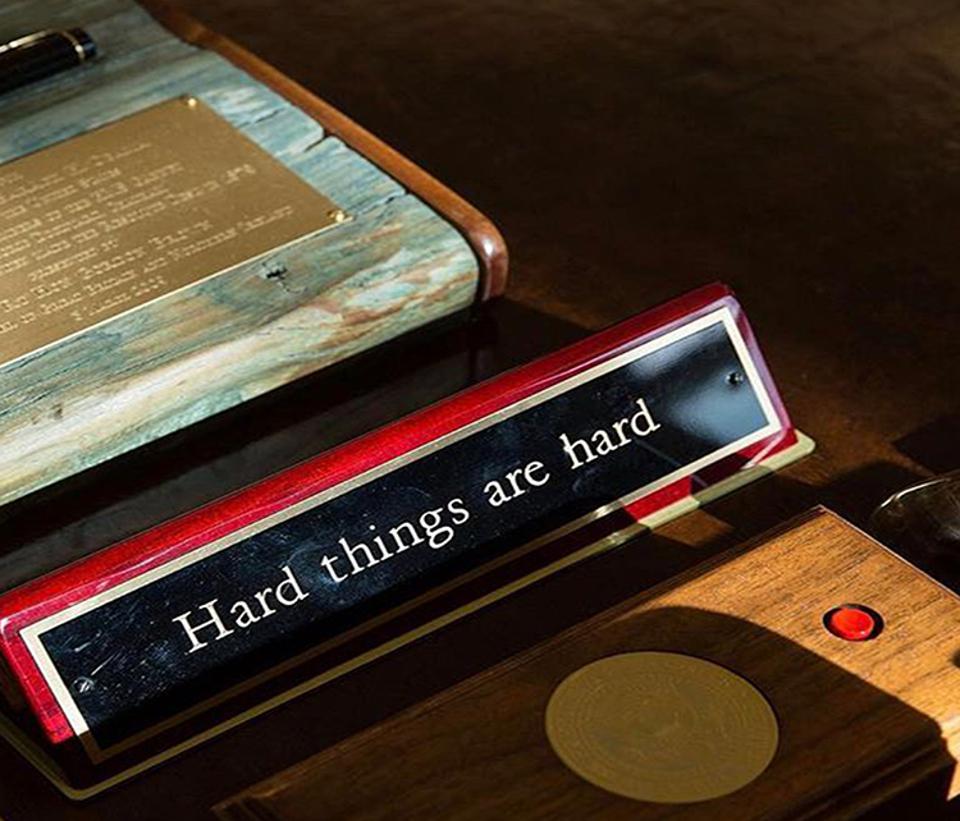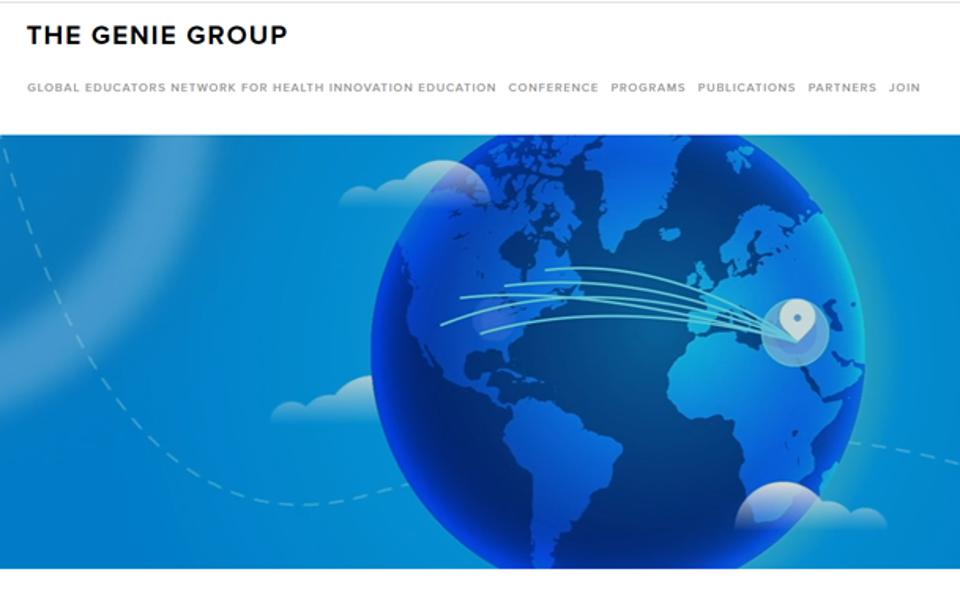
Belmont Medical founder George Herzlinger
Belmont Medical
One silver lining of the Covid-19 catastrophe has been the surge in medical innovation and new digital technologies. The next generation of emerging health tech entrepreneurs will need role models and best practices if they are to prosper in the uncertain policy landscape and economic upheaval of post-pandemic America. We can learn from successful innovators whose principles have endured the test of time.
Those looking for inspiration should start with the remarkable career of George Herzlinger. I came to know this gifted entrepreneur by way of his acclaimed spouse Professor Regina Herzlinger, who is tenured at Harvard Business School. Professor Herzlinger (who goes by Regi) was already famous when we first met over two decades ago and I have always been impressed by her strategic breadth, technical depth and an approachable, humble style. “I’ve had a brilliant business partner,” she explained. The fruitful union between the professor and entrepreneur has allowed them to create and study medical innovations that has changed patients’ lives and helped entrepreneurs across the globe.
It is likely that George Herzlinger’s inventions have saved more than a million lives. He is an MIT Ph.D. physicist who co-founded Belmont Instrument (now Belmont Medical Technologies), which makes the Belmont Rapid Infuser, a unique device that delivers heated blood quickly to people bleeding to death from gunshot wounds, accidents, postpartum hemorrhages, and victims of violence.
Life-saving innovations
Cleared by the FDA over twenty years ago, the Belmont Rapid Infuser was vitally important for Boston Marathon victims. On that tragic day, George’s workers were rushed through heavy security to bring supplies to hospitals desperately helping the critically ill.
On the battlefields of Iraq, Army corpsmen used the Belmont devices in combat situations. George had worked in close consultation with the U.S. military to refine the Rapid Infuser as well as a compact, portable, battery-powered version, which became known by many service personnel simply as “The Belmont.” One Army Certified Registered Nurse Anesthetists (CRNA) with eight years of active duty in Iraq said, “thanks to that system, we were able to transfuse large amounts of life-sustaining blood products (including whole blood) and fluids in a short amount of time. Without a doubt in my mind the Belmont helped save the lives of countless U.S. coalition and Iraqi soldiers and citizens.”
MORE FOR YOU

Herzlinger’s inventions have saved countless lives
Belmont Medical Technologies
George also invented and manufactured an intraortic balloon pump (IABP) that is used as a bridge to transplant for those awaiting a new heart. It was the smallest and lightest IABP ever made.
Enduring principles
Famously, President Barack Obama kept a sign on his desk from the fight for the Affordable Care Act — ‘Hard things are hard.’ Every entrepreneur should understand the same. To build a truly sustainable company with the best and brightest employees, innovators must know how to lead. George knew how to do hard things and to lead. The firm established six values all employees agree to support.
- Do the right thing
- Begin with the customer in mind
- Elevate the team and work together
- Find opportunity in change
- Embrace learning and growth
- Bring passion and pride to work every day
George showed his leadership through acumen and empathy. Working alongside the team, he would program devices himself using machine language. When it was appropriate to step back, he would become a mentor. For example, one individual who might have been relegated to the role of technician was trained by George and eventually groomed to become the head of R&D.

Hard things are hard on Barack Obama’s desk
Photo by Pete Souza
The Herzlingers self-financed Belmont Instrument with no debt, despite the fact that they were hardly legacy babies and borrowed their way through school. Further, in nearly four decades of existence, George never had a layoff even when economic circumstances caused revenue downturns. The Herzlingers absorbed the loss because elevating the team and working together was more important. “He’s incredibly supportive, generous with his employees and charitable work and also finds time to be a loving husband and father,” Regi told me.
Giving back
The Herzlingers understood the value of shared success and started the GENiE Group to help spur innovation and funding in Israel and Palestine. The group has worked with hundreds of venture backed startups with more than $1 Billion invested alongside partners. Interestingly, more than a third of Israeli and Palestinian venture capital goes to healthcare. Echoing the axiom about hard things, Regi says, “for health care to change, its leaders must change.” The Herzlingers have gone on to start the Israeli and Palestinian Health Care Innovation Program to teach student leaders and programs to support research opportunities for mid cap health care firms in the region.

Herzlinger non-profit promotes innovation and entrepreneurship in Israel and Palestine
The Genie Group
